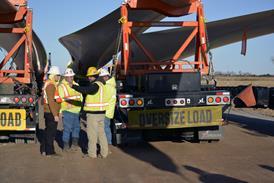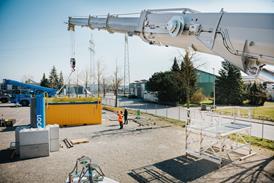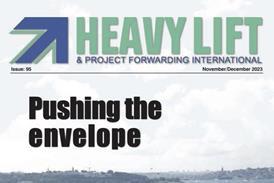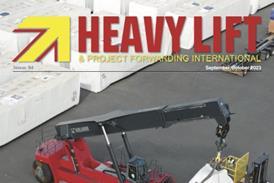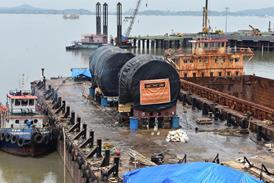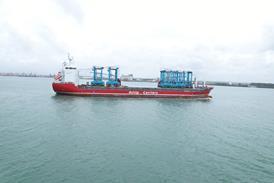April 13 - Nine European cities and universities, confronted with the challenge of making greater use of renewable energies to power the industrial and logistics activities which take place in their ports, have joined forces to develop a model that makes
The nine partners are: Hochschule für Angewandte Wissenschaften Hamburg (Germany), Pure Energy Centre(UK), City of Amsterdam (the Netherlands), City of Malmö (Sweden), Uddevalla Energi (Sweden), Vito (Belgium),Robert Gordon University Aberdeen (UK), Port of Antwerp (Belgium) and the City of Zaanstad (the Netherlands).
The project, named e-harbours, will receive financial support from the EU's Interreg North Sea programme and is due to be launched on 14 April in Antwerp.
North-West Europe is home to some of the largest ports in the world, such as Antwerp, Rotterdam, Amsterdam and Hamburg. In fact, port regions are considered as engines of the North-West European economies. However, these port areas are also large consumers of energy, and thus face huge challenges in meeting the ambitious objectives of the EU's "Climate & Energy" package (namely to reduce energy consumption and CO2 emissions by 20 percent, and to increase the use of renewable energy by 20 percent, all by 2020). If the ports are to achieve this then they will have to become much more energy efficient and be very innovative in their energy consumption. In practice this means more renewable energy, more electric-powered transport and the use of smart grids.
Within e-harbours the possibilities of Virtual Power Plants (VPPs) for industrial users are being investigated. A VPP can be defined as a cluster of technological applications aimed at optimising the end user's electricity consumption in time and space. The tools that can be used for this range from smart meters to the flexible use of electricity rates over the 24-hour period, as well as linking the local production of renewable energy to the electricity profile of the company concerned.
Electric Logistics is a second field of research within e-harbours. In a first phase, e-harbours will identify actual problems and possibilities of large scale implementation of electric mobility in the North Sea Region.The second phase consists of developing local business cases for construction and maintenance of electric charging stations, making use as much as possible of renewables for charging the vehicles and boats.


